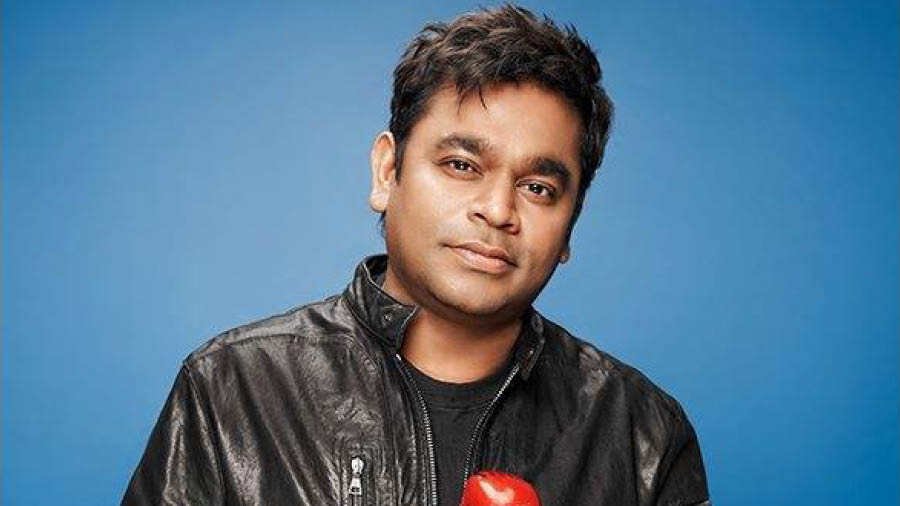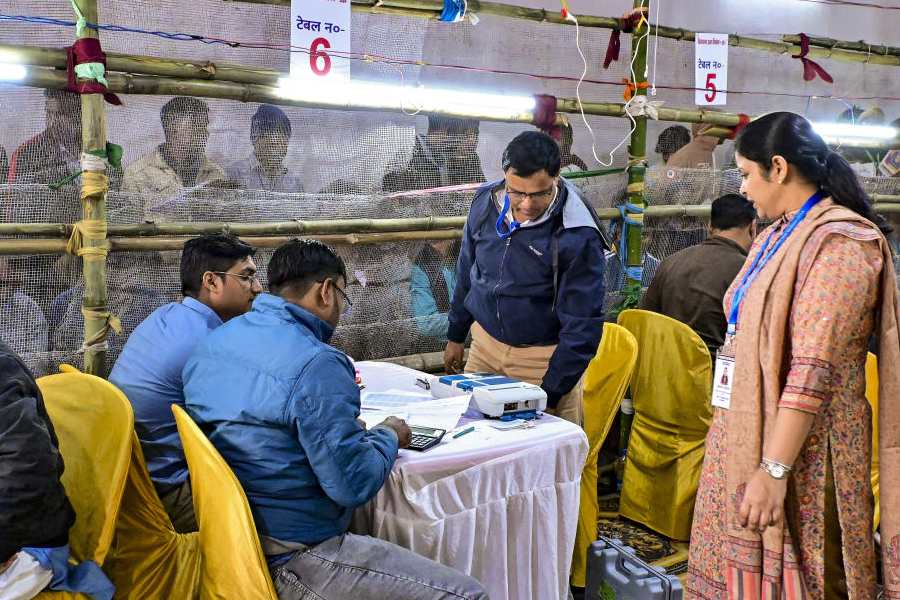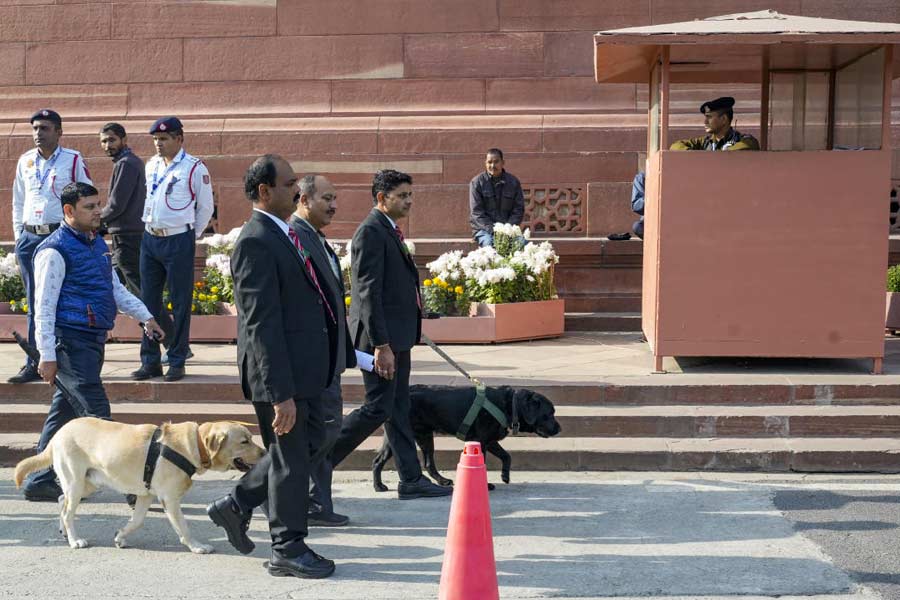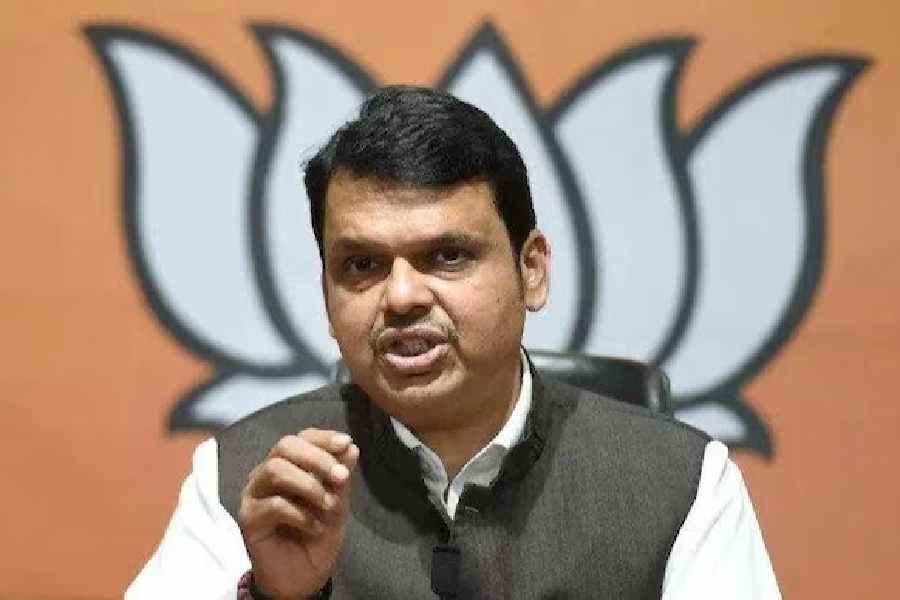“I can stand for humanity” — A.R. Rahman chose to score the music for Deepa Mehta’s 1996 film Fire because he wanted the filmmaker’s voice to be heard even though the movie was “lesbian-themed” and did not match his personal values and beliefs, the two-time Academy Award-winning music composer said in a recent interview.
“As a personal choice, what I stand for is different. Even when I did Fire, it was a lesbian movie. Those are not my values or what I stand for but I feel like I can stand for humanity. I felt like I needed to do the movie because she is trying to say something important. Similarly, with this (Ponniyin Selvan: Part 2) there’s killing and all that stuff but that’s history, you can’t change it,” Rahman told Tamil Nadu-based entertainment news portal Galatta Plus ahead of the April 28 release of Ponniyin Selvan: Part 2.
Fire was an Indo-Canadian errotic-romantic drama starring Shabana Azmi and Nandita Das in important roles.
Throwing light on how Hollywood projects changed him as a music composer, Rahman said that his overseas experience came in handy while scoring music for films back in India.
"The whole '90s I didn't know anything. I didn't have a clue what I was doing. Sometimes I would go with the visual. Sometimes I have to go against it. I always see the reaction of the director's eyes. You like it, you don't like it. But then, going to Hollywood, it was very similar to what scoring was with jingles. You have to go match every frame, which is a good and a bad thing. They don't like music fighting against the dialogue whereas we like a theme melody going when the dialogue is happening," said Rahman.
"The first five years after working in Hollywood, I realised that there was something very good in what I was doing before and something very good I've learnt now,” he added.
Rahman was elated to see the growth in the fanbase for background scores in recent times. "These days they've started liking the score and not just songs. They are into the scores. They're waiting for the PS: I and PS: II (scores). We're compiling it," he said.
Talking about his long-time association with Mani Ratnam and how he churns out music which is fresh to the ears, Rahman said, “We've done so much stuff. If we ever do something which is repetitive, we feel bored. I feel bored to give it to him (Mani Ratnam) first of all. And, he's got this amazing capability of judging what tune is more interesting to hear.”
He also explained how the hit song Aga Naga from Ponniyin Selvan: Part 2 was made. "We were doing a lot of tunes. I did a lot of classical raga-based stuff. And, then he (Mani Ratnam) said, 'AR, put that love song mode you put in Nenjukkule and Moongil Thottam’. So, I went on to the piano. I had like eight-nine ideas. And Harini came in and we just took a voice version of it. And then we were hearing it and suddenly Aga Naga was there. I had another tune actually. And, he picked that up. Even before release, it became popular, it became viral too," he said.
Rahman also spoke about balancing creativity with what listeners want. "You know that simplicity... that's what will catch on with people. But, dumbing down everything to what they need or what they want will bring you down also. Somewhere you need to play a balance,” he opined.
“I can easily do six to eight songs for a popular hero, but then where am I as a composer? I'm just catering to what they want. They put my name, they know that he's going to do something. If I don't do that, ten years from now, they're going to abuse me like, 'what did he do? (He) just took money and did something.' So, I have a kind of a responsibility I feel within me which doesn't come deliberately, but it comes naturally, involuntarily,” Rahman signed off.










